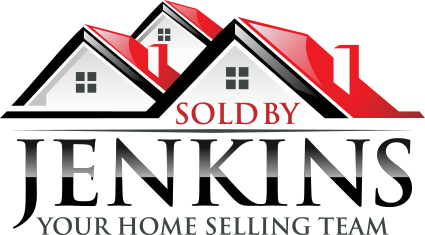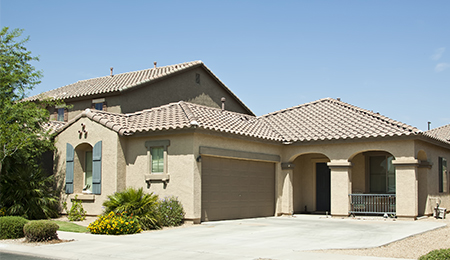Here’s what sellers need to know about what to fix after a home inspection.
The main question we’ve been receiving lately is, “What fixes are mandatory after a home inspection?” Most buyers won’t commit to buying a home until a thorough inspection has been done. If there are issues, the professional will find them.
Repair requests after an inspection can be a hassle and cut into your profits. So read your inspection contract carefully to ensure you don’t get locked into fixing something you don’t want to address. As a seller, you should never sign an inspection contract until you completely understand its obligations. There’s no need for you to mend everything the home inspector found; a home inspection report is not a to-do list.
Inspection repairs fall into three categories:
- Those that are required according to the inspector
- Those that are usually not required
- Those that are up for debate
Some repairs are required by lenders before they’ll release the funds to finance a buyer’s purchase. Generally, these address common structural defects, building code violations, and safety issues. They’ll frequently be in the attic, crawl spaces, basement, chimney, and furnace.
“Read your inspection contract carefully.”
An inspector will also assess whether your air conditioner and heater are in good condition. The inspector may also report on the roof, electrical system, and plumbing system. If the home inspection reveals any of those problems, you’re likely responsible for mending them.
Begin repairs by getting bids from contractors to see how much the work will cost. From there, you can correct the issues or offer the buyers a credit so they can get the repairs done themselves. The latter might be preferable since you won’t have to oversee the process; you can just move out and move on with your life.
Cosmetic issues and normal wear and tear on the property typically don’t have to be fixed by the seller. Some inspection contracts will expressly state that buyers cannot request any cosmetic repairs. State laws may also impact your liability for any issues not covered during the inspection. Make sure to check your local ordinances to know what legally falls into your realm of responsibility as the seller.
If you have further questions about inspections or any other real estate-related matter, you can reach us via phone or our website. We would love to help you.



